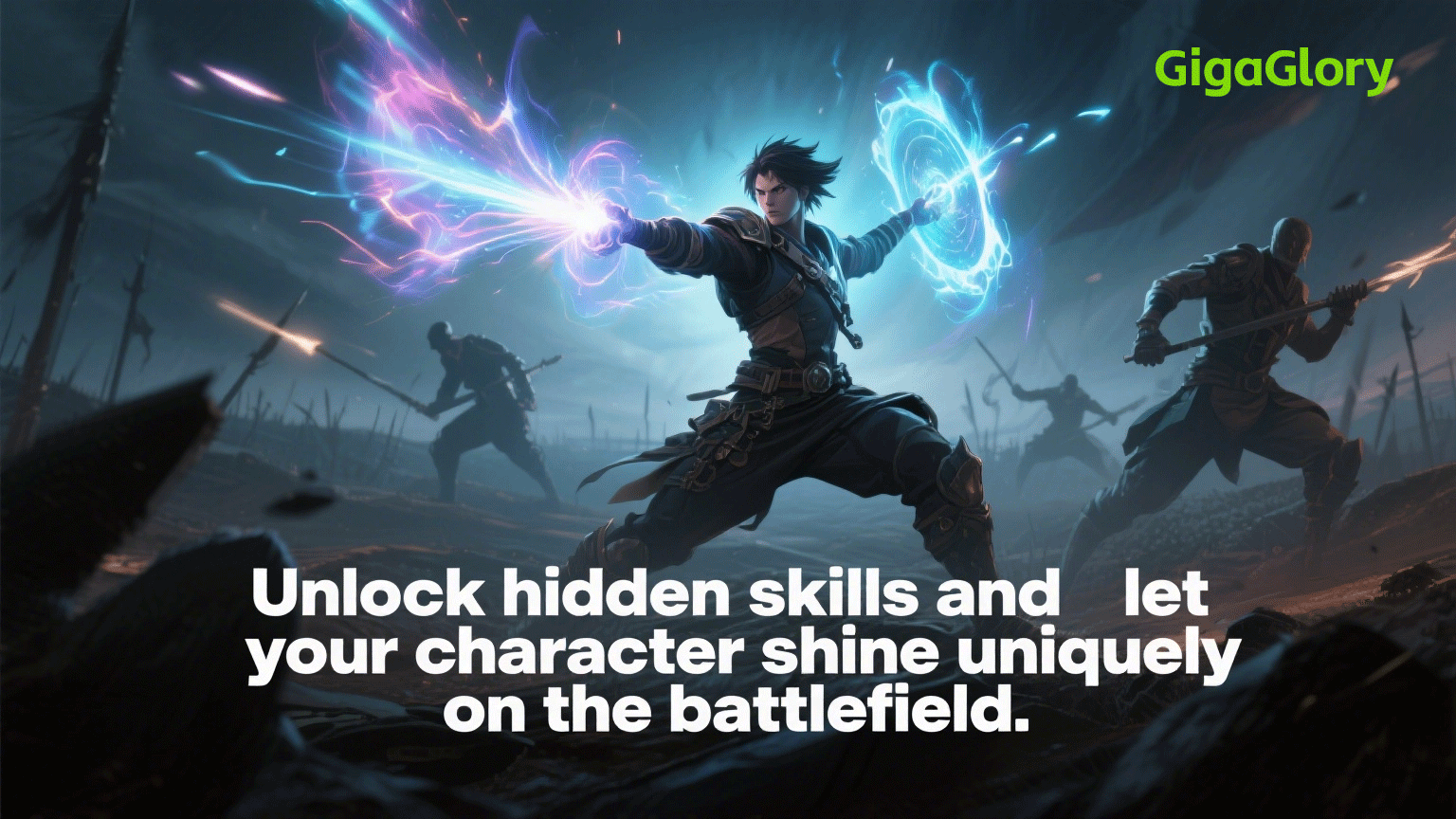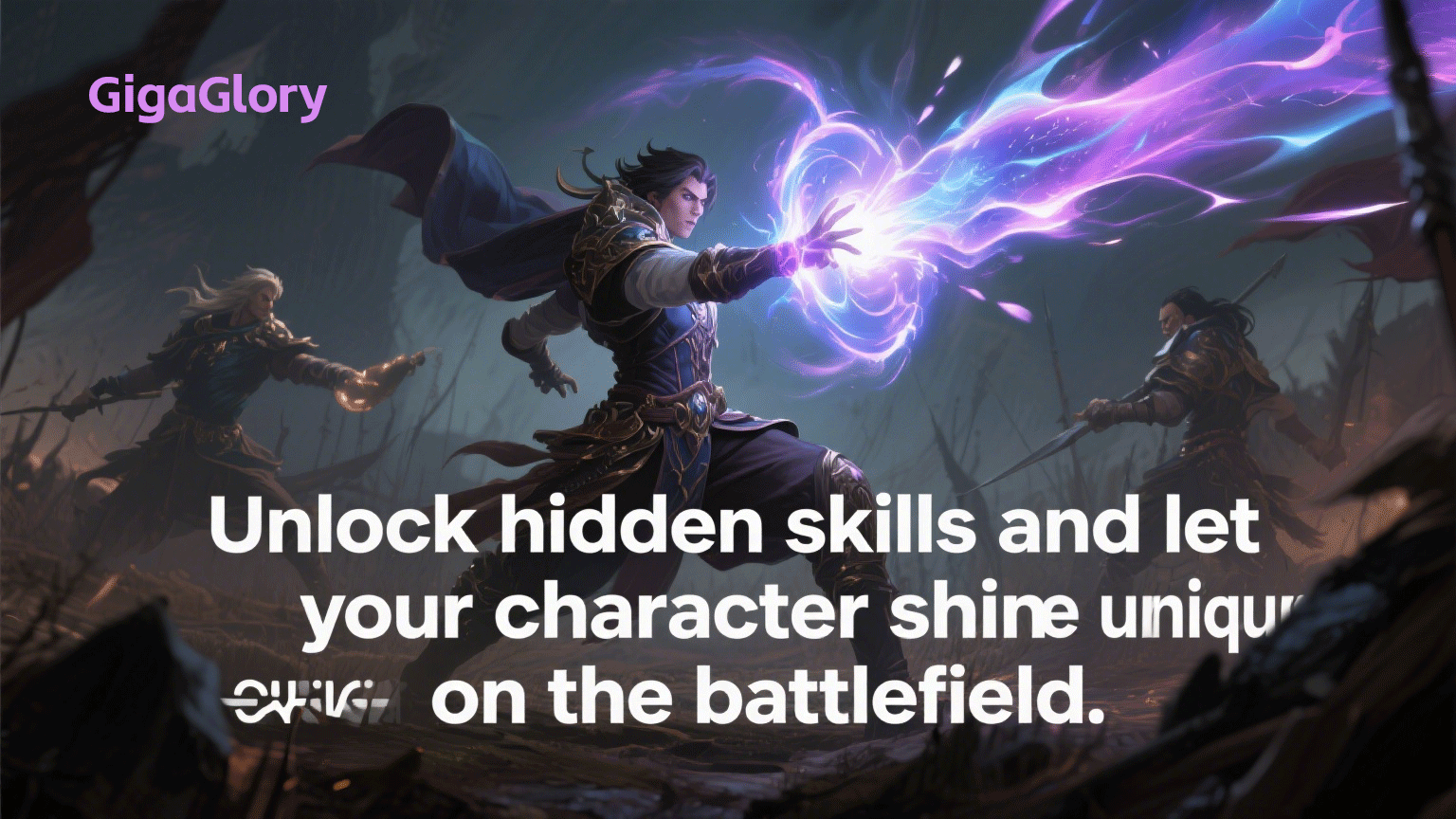Puzzle Games vs. Clicker Games: Which One Fuels Your Brain Better?
When it comes to gaming, there are numerous genres catering to a variety of interests and brain functions. Among them, puzzle games and clicker games stand out, captivating players all over the globe. Each offers unique challenges and benefits, leading many to wonder which type of game is more stimulating for the brain. In this article, we’ll dive into both genres, exploring their complexities, advantages, and how they may enhance or hinder cognitive abilities.
The Nature of Puzzle Games
Puzzle games are designed to challenge the player’s problem-solving abilities. They often require strategic thinking, pattern recognition, and logic. Some popular titles in this genre include:
- Sudoku
- Jigsaw Puzzles
- Portal
- Threes!
The Allure of Clicker Games
On the other hand, clicker games, also known as incremental games, involve simple mechanics where players gain currency or resources over time, primarily through repeated clicking or tapping. Examples include:
- Cookie Clicker
- AdVenture Capitalist
- Clicker Heroes
Brain Engagement: A Closer Look
How do these two genres engage the brain differently? Let’s break it down:
| Feature | Puzzle Games | Clicker Games |
|---|---|---|
| Problem-Solving Skills | High | Low |
| Strategic Planning | Moderate | Minimal |
| Cognitive Load | High | Low |
| Instant Gratification | Low | High |
Evaluating Cognitive Benefits
With the differences highlighted, let’s consider the cognitive benefits both game types offer:
- Puzzle games can enhance problem-solving skills, improve memory retention, and increase mental agility.
- Clicker games, while less demanding on the intellect, can be addictively rewarding, providing satisfaction through progression.
Do You Like to Plan? Choose Puzzle Games
If you find joy in strategizing and unraveling complex challenges, puzzle games might be your best bet. They stimulate critical thinking and often force players to engage deeply with the mechanics at play.
In For Casual Fun? Clicker Games Are Perfect
Alternatively, clicker games cater to those looking for a more relaxed gaming experience. They don’t require intense thought processes, making them a great option for casual, mindless fun.
Comparing Engagement Levels
One primary distinction between the two genres is engagement level. Puzzle games demand focus, time, and effort. Clicker games engage players through a loop of rewards; constant feedback can keep players hooked without much thought.
Player Preferences: What Influences Your Choice?
Some players enjoy immersion in story-rich environments and complex gameplay. Others may prefer the simplicity and ease of clicker games. Personal preferences, available time, and cognitive desires play a huge role in the gaming choices made.
A Potentially Overlooked Aspect: Multiplayer Elements
Many puzzle games offer multiplayer functionalities. Competitions and collaborative puzzles can lead to social interaction and teamwork, enhancing the gaming experience. In contrast, clicker games often lack this feature but can sometimes include leaderboards for player comparison.
Effects on Mental Health and Well-Being
The potential mental health benefits of gaming have been widely discussed. Puzzle games can promote mindfulness and reduce anxiety through focused gameplay. Conversely, clicker games can help alleviate stress but may lead to less productive gameplay intervals, where time flies without much cognitive engagement.
Are You a Competitive Gamer?
If competitiveness is in your genes, you might be drawn more towards puzzle games, which often have scoring systems or time challenges that incite competition among friends or the larger gaming community.
The Social Aspect of Gaming
Both genres can encourage socialization, albeit in different ways. Puzzle games often require discussions among players to solve complex problems, while clicker games enable players to share their progress without necessarily interacting in real-time.
FAQs About Puzzle Games and Clicker Games
What are some top-rated puzzle games to try?
Some renowned puzzle games include “The Witness,” “Baba Is You,” and “Tetris.” These games are acclaimed for their innovative mechanics and engaging puzzles.
Can clicker games be considered a real game genre?
Absolutely! Clicker games fill a niche within casual gaming, providing a laid-back, rewarding experience that appeals to players looking for less formal engagement.
Choosing the Right Game for Your Brain
In the end, the decision between puzzle games and clicker games boils down to your personal preferences, gaming goals, and the type of mental engagement you seek. If it's a boost in cognitive skills you're after, puzzle games will likely serve you better. However, if your aim is just to relax and enjoy a leisurely ride through the gaming universe, clicker games have their charm.
Conclusion
Both puzzle games and clicker games offer unique experiences that can enrich your gaming life. Understanding what each brings to the table can help you make informed choices about your gameplay. So whether you’re strategizing your next move in Clash of Clans Builder Base 4 or tapping away in a clicker game, there’s something out there for every gamer. Explore both genres to see what fuels your brain better!



